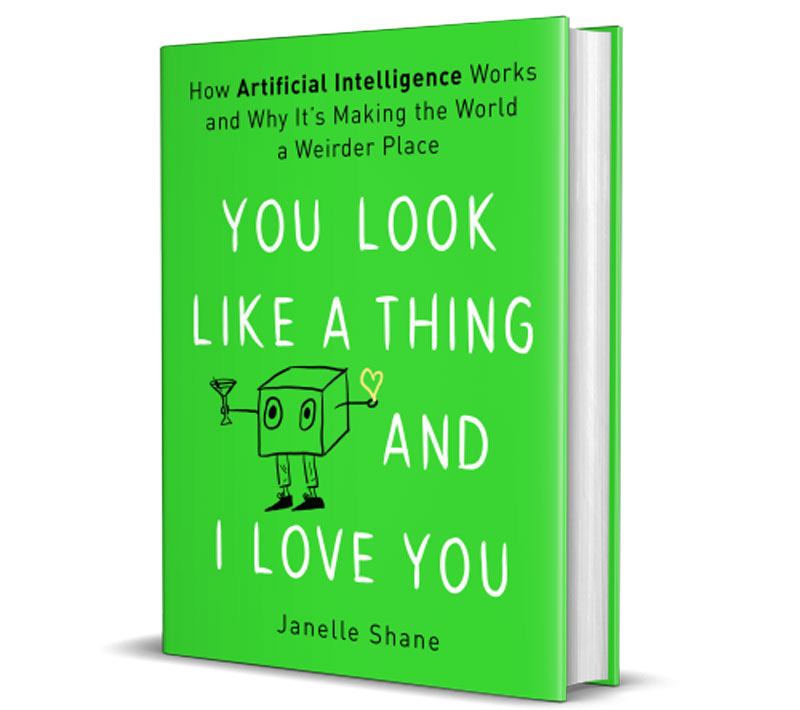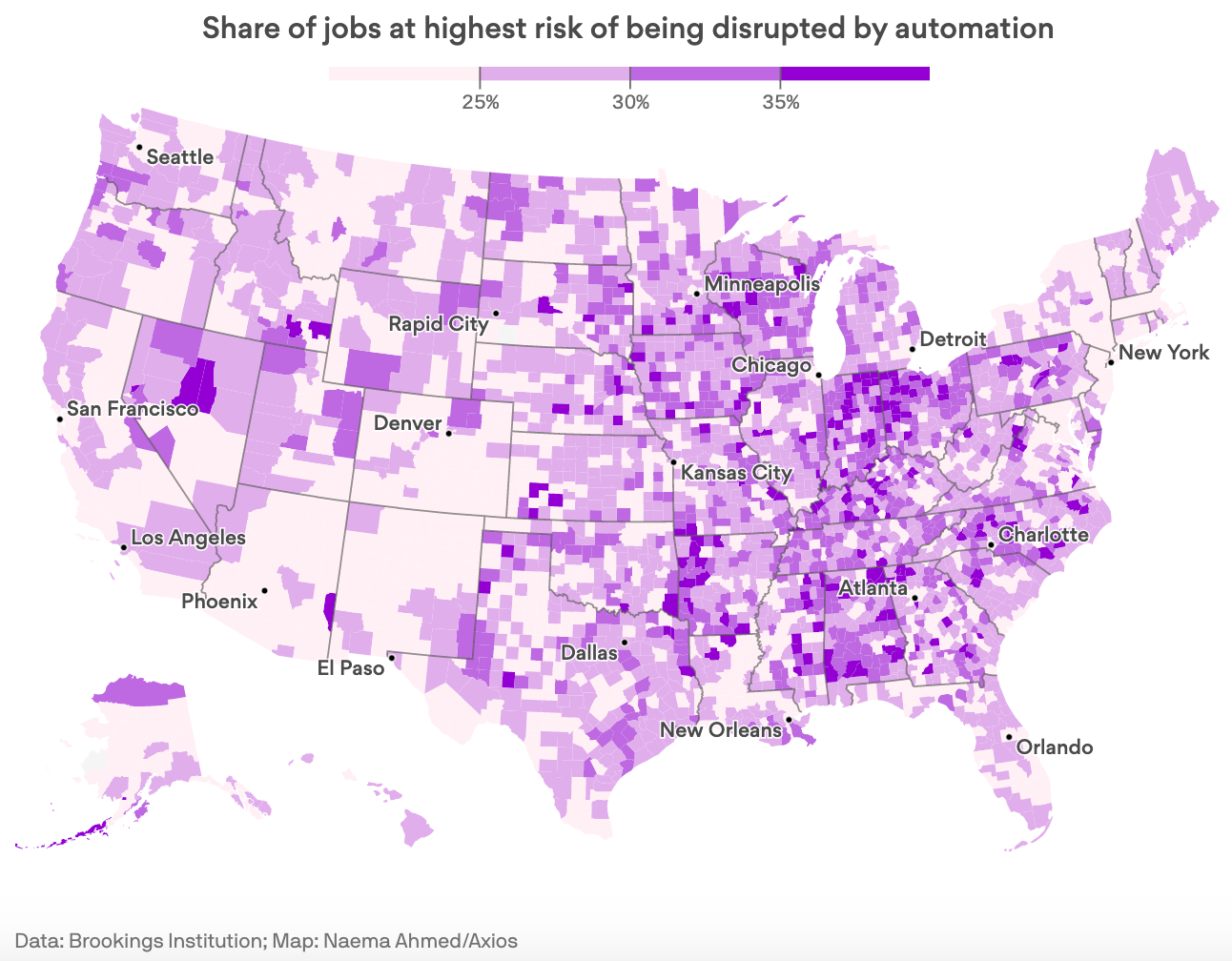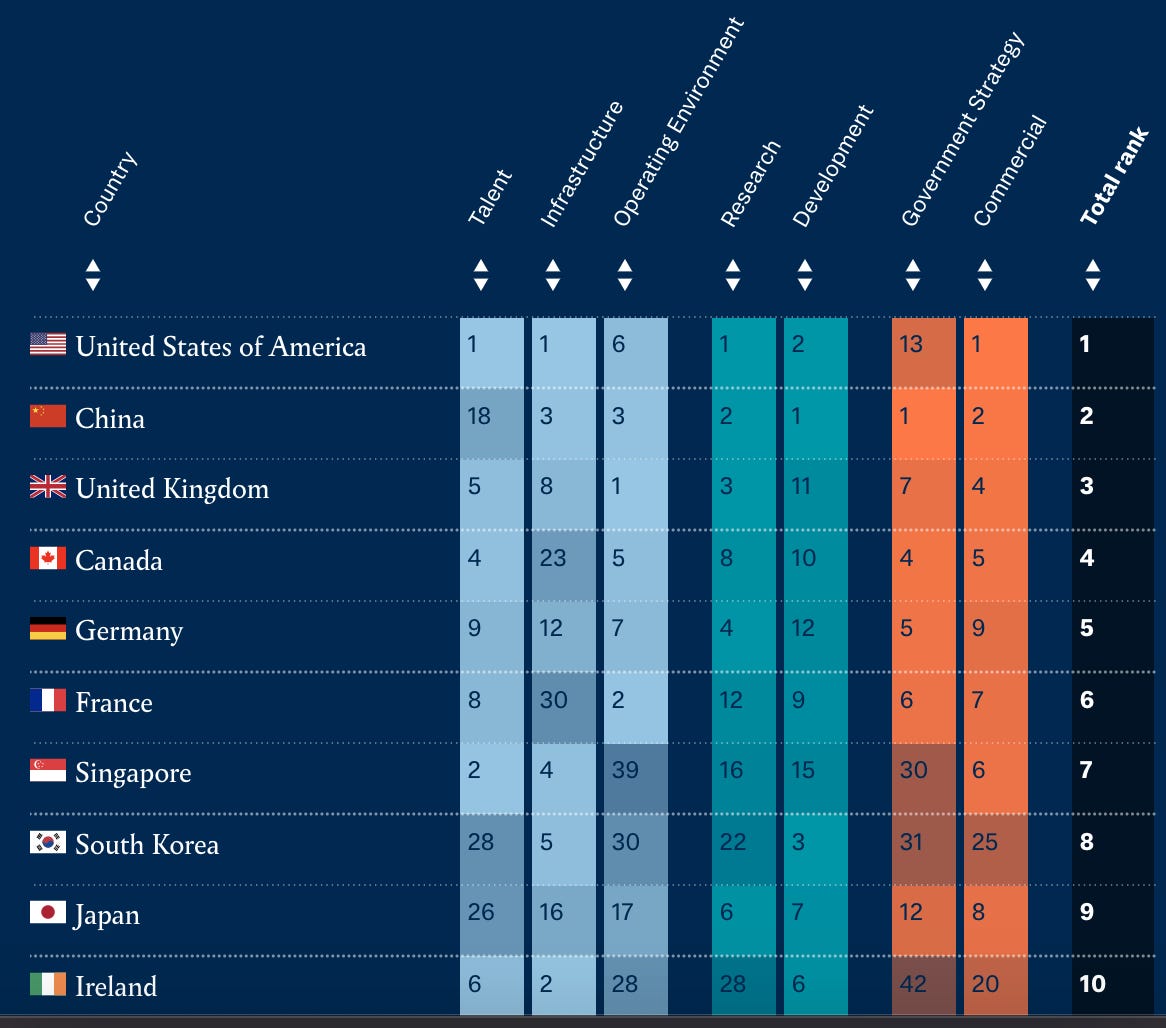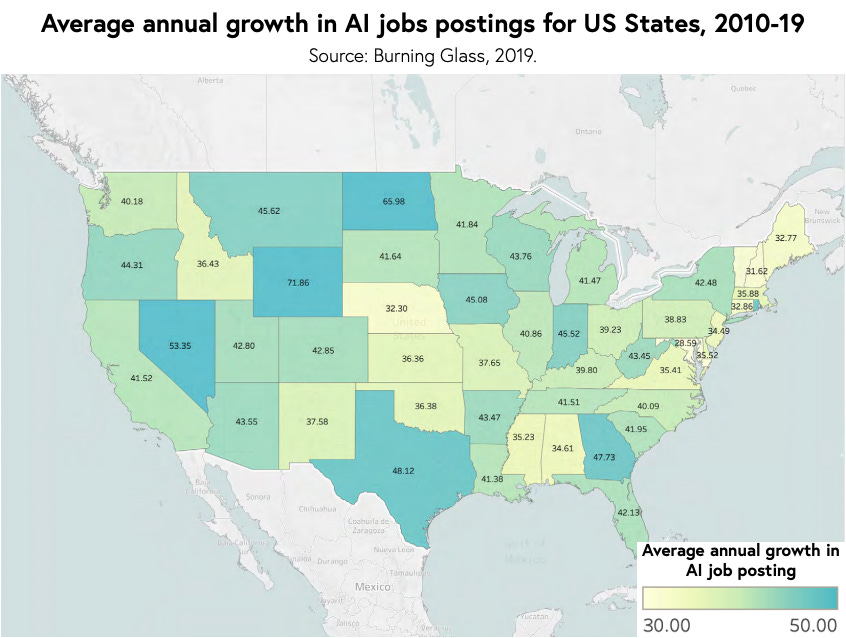Hello! Welcome to another edition of Inside The Newsroom! Today’s podcast is the first in a while, so it felt great to get back on the horse and devour some knowledge. Today’s guest is Janelle Shane, research scientist in artificial intelligence, and author of the recently-published You Look Like a Thing and I Love You, a book about the weirdest artificial intelligence out there. We got into all sorts of AI questions and even had a discussion on trucks with giant testicles dangling down from the back of them, so whatever you’re into there’s something for everyone. In all seriousness, AI is crucial yet so misunderstood, so I’m hoping the podcast above and newsletter below go some way in breaking down barriers for understanding its place in this world. Enjoy 🤓
Job Corner
Several deadlines coming up in the next few days, including at CBC, ITV, The Independent and The Texas Tribune. Check out almost 400 active journalism jobs, internships and freelance contracts. Please spread the word.
Who is Janelle Shane?
Janelle is a research scientist specializing in artificial intelligence, TED2019 speaker, and author of You Look Like a Thing and I Love You, a book on how AI works and why it’s making the world weirder. The book is an expansion of Janelle’s popular blog, aiweirdness.com, which makes fun at some of the stranger AI trends and innovations, like cockroaches being able to masquerade as giraffes to fool security. Janelle’s also written for The New York Times, Popular Science and Slate.

❤️Like What You See?❤️
Each podcast and newsletter takes about 12 hours to put together, so please like this edition of Inside The Newsroom by clicking the little heart up top. That way I’ll appear in clever algorithms and more people will be able to read. Cheers.
You Look Like a Thing and I Love You
Janelle published her first book late last year titled You Look Like a Thing and I Love You, a book on how AI works and why it’s making the world a weirder place. Maybe it’s me and the line of work I’m in, but AI is more often than not associated with negatives, such as machines taking our jobs, racist algorithms, or fatal self-driving cars crashes. While there’s certainly cause for concern over the outcomes of machines overstepping the mark in terms of invading our privacy and threatening our security, it’s of course us humans programming AI that’s the problem. In the same vein, Janelle looks at some of the weirder AIs that humans have created, such as truck nuts…
Truck nuts you ask? Yeah I did a double take too. One of the things I love about America is some people’s inability to control their testosterone, and the latest way this group of people are displaying their manliness is by dangling a pair of giant testicles from the back of their trucks. But in fine fashion, the AI from a Tesla recently recognized the oversized nuts as a traffic cone, a beautiful reminder of AI’s naivety and that we can all reduce some individuals with overflowing arousal to a traffic cone.



What is Artificial Intelligence and Machine Learning?
Pinching this next bit from my podcast with Francesco Marconi, former R&D Chief at The Wall Street Journal and now co-founder of Applied XLabs. The never ending rise of power and influence of technology companies in our lives means we hear and read about terms such as artificial intelligence and machine learning seemingly every day. AI as we know it arguably started in the first half of the 20th century, just as computers were gaining steam. While AI and ML are closely linked and overlap in many ways, they are different.
Artificial intelligence is:
The overarching umbrella term for the simulation of human intelligence in machines programmed to think like humans and mimic our actions.
Whereas machine learning is:
The concept that a computer program can learn and adapt to new data without human interference. Machine learning is a field of artificial intelligence that keeps a computer’s algorithms current regardless of external changes. For example, autocorrect or self-driving cars.
Essentially, you need AI researchers to build the smart machines, and you need machine learning experts to make them super intelligent. You can’t have one without the other.
Is AI Misunderstood? 🤔
This is a question that’s been rattling around my brain for months now, and is one I’m starting to understand better the more I dissect its pros and cons. Like many of you reading, I got swept up in the fear and hysteria over automation eliminating up to 800 millions jobs in the next decade, paranoid that the machines are coming to get us! Like with most things in life, the more I learn about AI and the more experts I talk to on the podcast, the more I realize that AI can and should be a helluva lot less intimidating than it’s currently perceived.
Two main factors come to mind that give AI a bad name. Firstly, as we discussed earlier, when AI does bad things, whether it’s intentional or unintentional, human decisions are behind it, such as the Chinese government’s decision to spy on its citizens and give everyone a social credit score based on trivial offences such as jaywalking. Automation has shaped economies for centuries. Whether it was the Industrial Revolution in the 18th and 19th century that sent factory production soaring, or the invention of the internet that has all but killed off the printing press, people have lost jobs due to machines for as long as we can remember.
But that’s not the problem — free markets will always endeavour to find savings. Which brings us onto the second point. The problem has been dormant governments failing to react quick enough to changing industries, if at all. Across the Midwest and South, economic wastelands have sprung up over the past decade because federal and state governments failed to reinvest in these communities through teaching people necessary skills, and through a lack of incentive to keep innovative companies at home. And in the UK, jobs left empty because of Brexit will ironically be filled by robots. Until we truly understand what automation is and what it can do, the stigma around AI will only become dirtier.
Credit: Axios 👇

Which Country Is Best At AI?
Like with most areas of life, I love a good bloody index to show who’s better than who on a particular subject. While rankings are just rankings, they do provide a decent snapshot of which country prioritises certain issues over others. When it comes to AI, Tortoise Media’s index looks at the level of investment, innovation and actual implementation of AI by country, while Stanford University’s index looks at the vibrancy of each nation including public perception and societal considerations. Unsurprisingly, the U.S. and China, the world’s two largest economies, are number one and two on both indices.
Source: Tortoise Media 👇

Delving into the U.S. deeper, researchers at Stanford concluded that while larger states with the biggest economies may not be at the top of the standings in terms of AI job growth, that’s because they’ve already had their AI surge. It’s part of the reason they’re still at the top. Oil also helps… Talking of which, oil-rich states such as North Dakota and Wyoming have seen AI jobs in their states boom of the past decade, and goes to show that you don’t need to be in California or New York to jump into AI.

Related podcasts…
#77 — Francesco Marconi (Newlab) on artificial intelligence and its role in the future of journalism
#72 — Ryan Broderick (BuzzFeed) on the 15th anniversary of YouTube
#70 — Amy Webb (Future Today Institute) on the lack of government preparation for the coronavirus and the latest 2020 technology trends
#61 — Rachel Botsman (Trust Issues) on the why people believe fake news
Last week …
🇺🇸 America's Protests: We Must Now Focus on Voter Suppression
Thanks for making it all the way to the bottom. Please like and share this edition of Inside The Newsroom by clicking the ❤️ below. That way I’ll appear in clever algorithms and more people will be able to read.
If you haven’t already, please consider subscribing to get a newsletter about a cool news topic in your inbox every time I publish (1-2 times a week). You can find me on Twitter at @DanielLevitt32 and email me corrections/feedback or even a guest you’d like me to get on the podcast at daniellevitt32@gmail.com.














Share this post